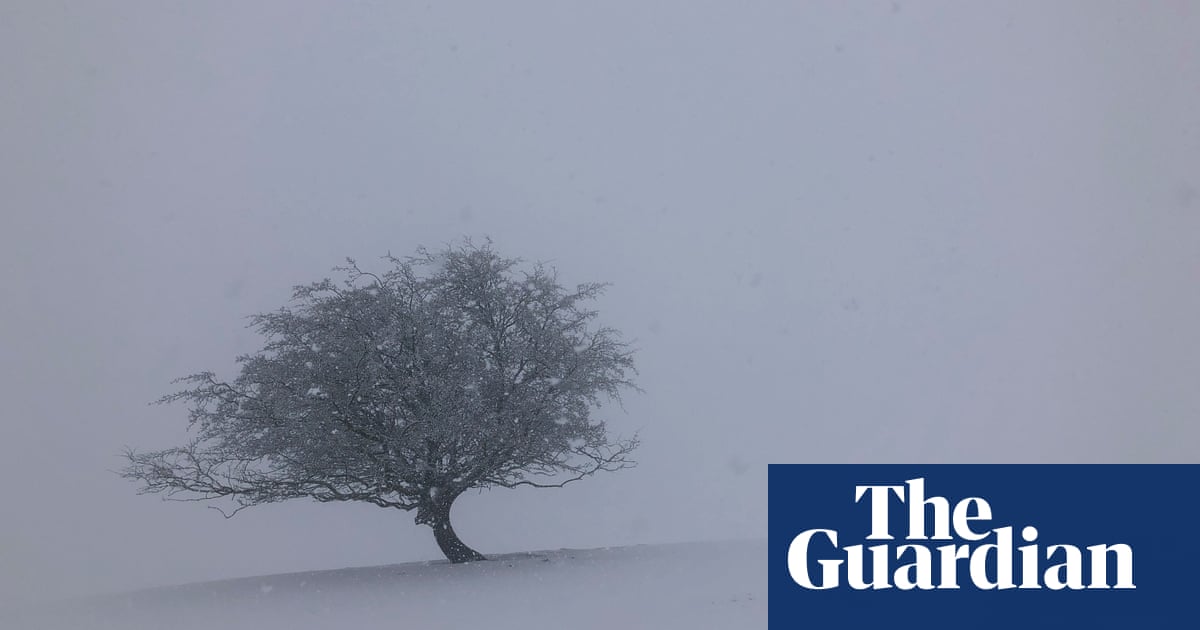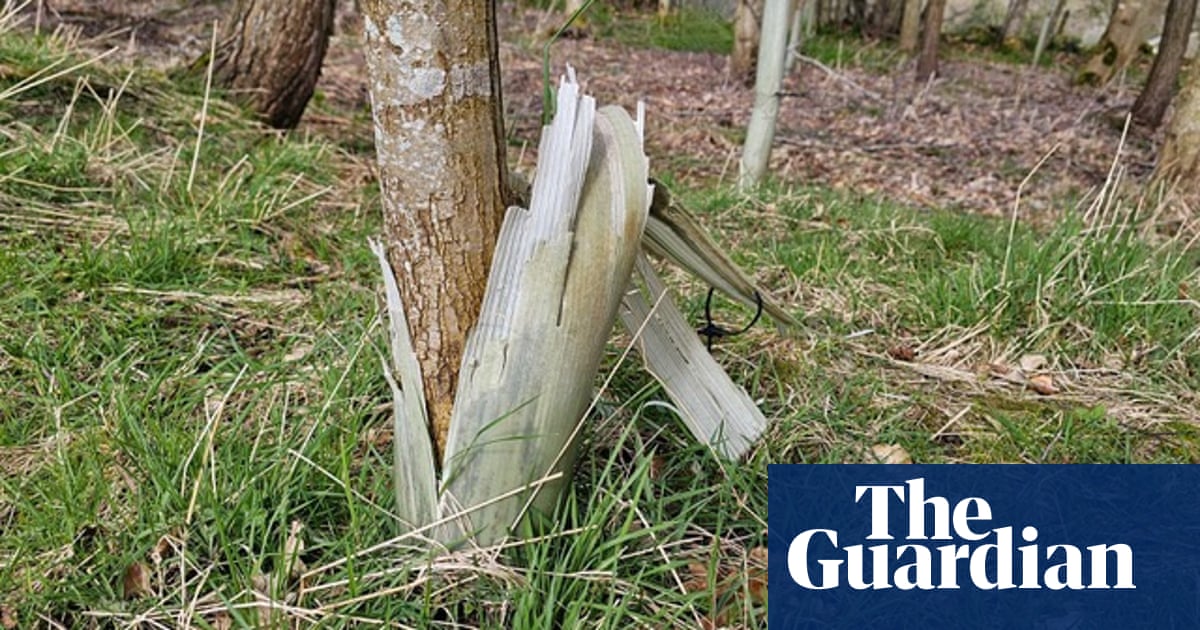
Bring back emotional support bees
Up here in the north-west, we’re used to living in the slipstream of London’s sleek urban shenanigans. Whatever the cultural breakthrough – man buns on scooters, cashless ukulele busking, emotional support bees – it takes a while to reach the Lancaster and Morecambe Non-Metropolitan Area. If it ever does.
We watched as the Covid-19 horror chewed up London, just as London had watched it chew west through Europe. Old wheezers – eg yours truly – went into self-isolation early, but the local economy went late, then snapped shut. At the end of our street, the church, the chippy and the pie shop all closed. The pharmacy alone remained accessible, fulfilling some holy destiny: “Ha! Where are your carb gods now?” A new local micro-pub with an infantile name (yeah London, we’ve got THEM) opened then folded. One day: jammed full of punters transmitting respiratory bonhomie in the micro-atmosphere. The next: dark.
Well, we’ve finally caught up with The News: “More people are in hospital with coronavirus in the north-west of England than in London.” That’s just because the capital peaked earlier, like it did with house prices and halloumi burgers. Now we hear of an entirely new protocol anxiety, or fretiquette, when lockdown eases. Who will be invited into these key “social bubbles”, as maximum gatherings of 10 people are being called? Well, there’s a jacuzzi at our local sports centre but you’d be hard pushed to get more than eight in it.
Coronashun Street, my lockdown soapcom
How I pity all those TV producers and commissioners who are right now ploughing through endless pitches for unique comedy programmes that “acknowledge the lockdown reality AND explore its potential!” Obviously, comedy writers live in a nuanced demimonde of deluded hope and pre-crushed disappointment, so here’s a useful “note” for my competitors. Give up, move on. I’ve totally cracked it: Coronashun Street, a lockdown soapcom© teeming with relatable characters.
Mad Gran isolates in a treehouse at the end of the road, communicating via catapult. A socially distanced street choir touches the heart of the pope, gets on Classic FM and raises enough money to save the life of a tot. Zoom-crossed lovers tumble into a synced, tragicomic ketamine binge. A bitter feud simmers between a trapped adulterous scientific adviser and a deeply religious Iceland delivery guy. A sobbing pub landlord FaceTimes his former regulars at closing time, calling for last orders. A Street Stranger Watch leads to a death, possibly two, and the shocking appearance at midnight of all the street’s original Victorian inhabitants. An IT consultant and her laptop swap memories, then the computer runs a diagnostic on the consultant and, uh-oh, she needs new “software”. A teen romance is conducted entirely in sub-tweets. A sinister WhatsApp group sends users far back in time to December 2019. All elements of the natural world, from starlings to potted geraniums, acquire the power of human speech. Sarcastic bears appear. A 10-year-old maths genius makes first subatomic contact with “Hancock”, leader of the Coronavirus Proteins, before a truce is declared and the proteins settle in their new home, an AI wet-market simulator. There’s a massive street party with bunting and trifle, the group dance routine to Bohemian Rhapsody goes viral on TikTok, AND THEN we get the reveal that this has all been a fever dream in the mind of a prime minister on a ventilator.
Yeah, feet up now. Just checking the inbox, baby. Just checking the inbox.
What do we do NOW?
Of course, some people are experiencing personal hells trapped inside. But outside, the “not many people about” is nice, yeah? The “very few cars” is pretty good, no? It would be funny if the solution to crowded commutes and clogged roads turned out to be nationalised railways, unionised home-working and fewer people travelling.
Back in the last century, the second biggest question* concerned the economics of a post-industrial society. Specifically: “What the big fat banging balls do we do NOW?” If people aren’t clocking on at factories, or hauling up coal from the ground, if there are no more assembly lines, no steelworks, no mills, if we’re not making anything – what is the point of us?
For most of the 20th century, we were looking forward to the age of robots, along with personal jetpacks and lunch on the moon. Alas, robots turned out to be bad – either in league with humourless cryptic anarchists, or just taking jobs.
But maybe these weird times have shown us that the answers to “What are we for?” and “Where are the jobs?” are the same. Health. Care. Looking after one another, better. The sector is woefully under-resourced and there’s a rapidly expanding user base. Hi.
* The first-biggest question of the last century was of course: “Which Beatle would be the most likely to survive a nuclear war?”












